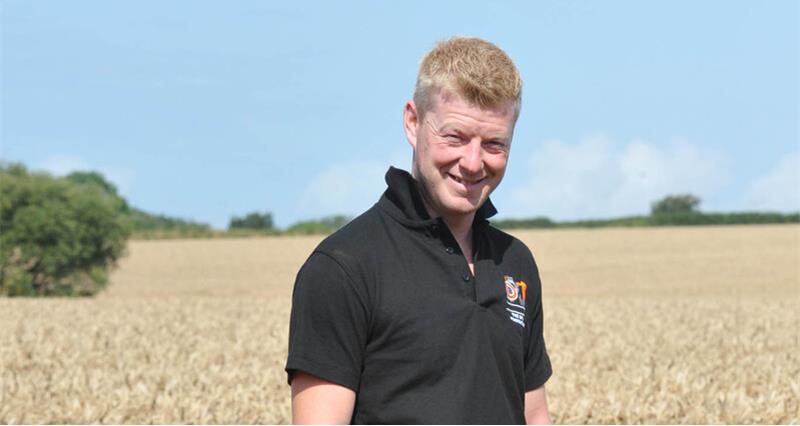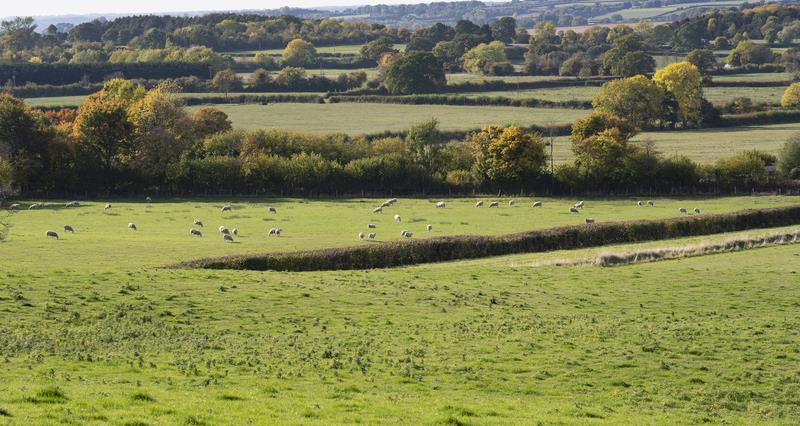I expect that many of you, like myself, have spent some time contemplating improvements on farm – updating infrastructure, investing in new equipment or making simple productivity improvements through drainage, grain handling or liming. All key steps when looking ahead to the future for the business.
Unfortunately, I also expect that many of you have been faced with the hard reality of the barriers to implementing these actions, a lack of capital perhaps, no viable schemes to realise your ambitions and a lack of flexibility within the tax system to allow you to enact your plans to improve resilience and productivity for the future.
And all of this now sits against the backdrop of the family farm tax which could impact our future viability.
The NFU’s 2024 farmer confidence survey suggested record new lows, even before the October Budget, with 65% of farmers reporting a decline in their profits, raising concerns that their businesses may not survive. This is the position that many growers are finding themselves in and it can be a challenging situation, especially with the year we have just had.
What can be done?
As one of the Combinable Crops Boards’ six priorities, we are establishing a set of recommendations to address the challenges around taxation, demonstrate the need for a strong agricultural budget and actions to support on farm productivity within the arable sector, that embody the needs of growers across England and Wales.
Tax
Unfortunately, it is the case that not all farm businesses can access and utilise the schemes designed to fund investment. To address this issue, it is key that the government reviews how tax breaks could be utilised to support reinvestment on farm as well as retention of income through the system available to Ltd companies.
“This past year has demonstrated more than most the need for changes in the funding landscape to support growers in cutting the cost of production and maximising value to support building resilience across the sector.”
NFU Combinable Crops Board Welsh representative Tom Rees
Funding schemes
Another challenge for a lot of growers comes in the form of fitting the one size fits all approach for funding schemes.
It is critically important that existing grant schemes offer realistic access to investment across all farming sectors. It is equally important that the schemes have greater flexibility.
The inevitable consequence of a rigid system is some sectors, or some types of farming operations, may be unable to access vital funds.
Budget
And last but not least, the Budget.
This past year has demonstrated more than most the need for changes in the funding landscape to support growers in cutting the cost of production and maximising value to support building resilience across the sector. The NFU has called on the government to deliver a UK-wide farming budget of £5.6bn.
For England, this equates to an annual budget of £4bn, with £2.7bn to meet the government’s environmental goals; £615 million for driving productivity; and £720 million to support the economic stability of agricultural businesses.
Look ahead
It is difficult to look beyond the short-term challenges, focusing on the October Budget or the tax bill for the end of the year, but as we look to the future for the combinable crops sector, it is vital that we continue to focus on a multi-year approach to investment for our farming businesses.
As the NFU’s Combinable Crops Board, we will continue to strive to secure the tools to support financial resilience for the future.
The refinement and enhancement of these assets will be vital in supporting you as growers in continuing to produce sustainable food, fibre and energy for a rapidly increasing population.




